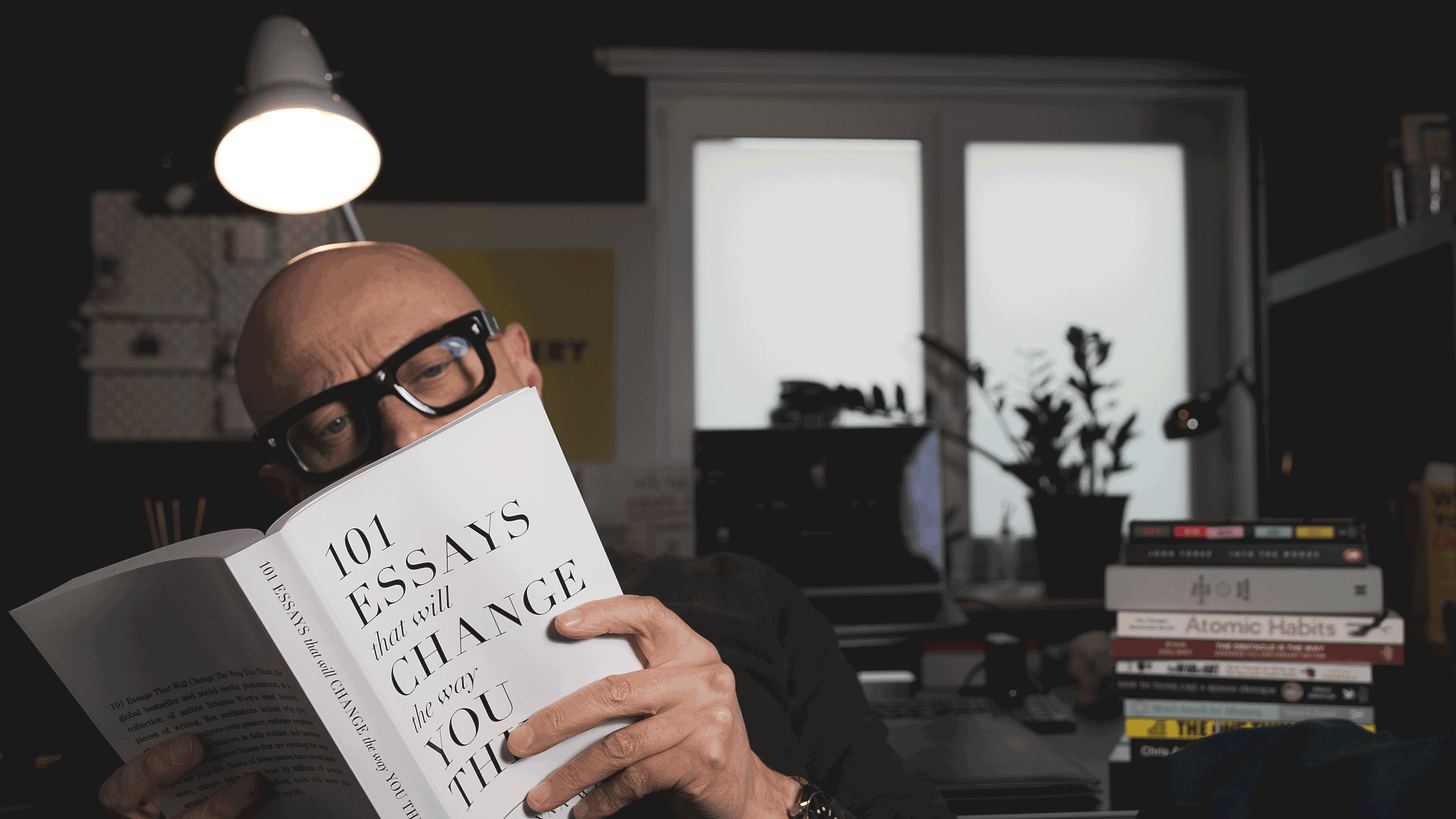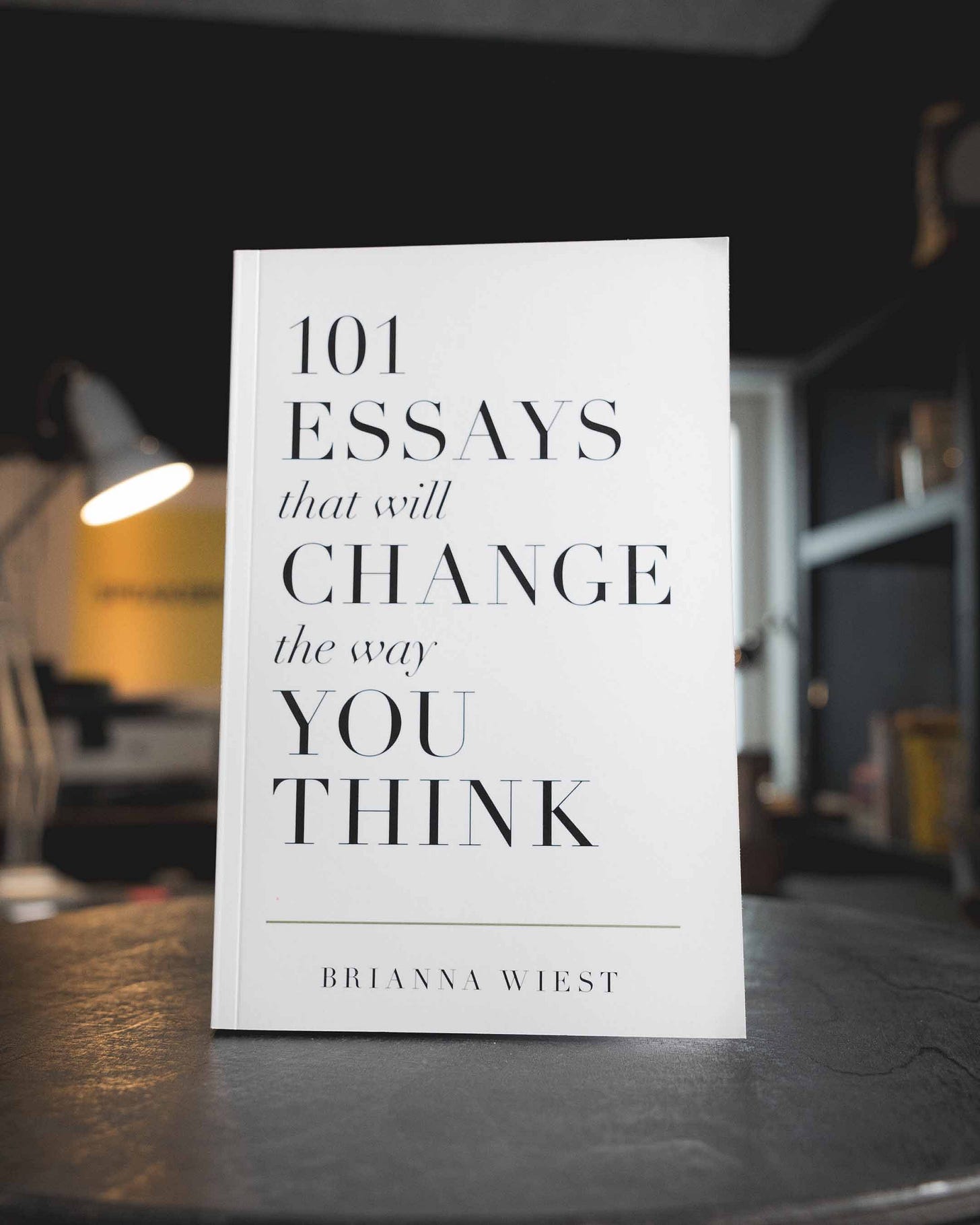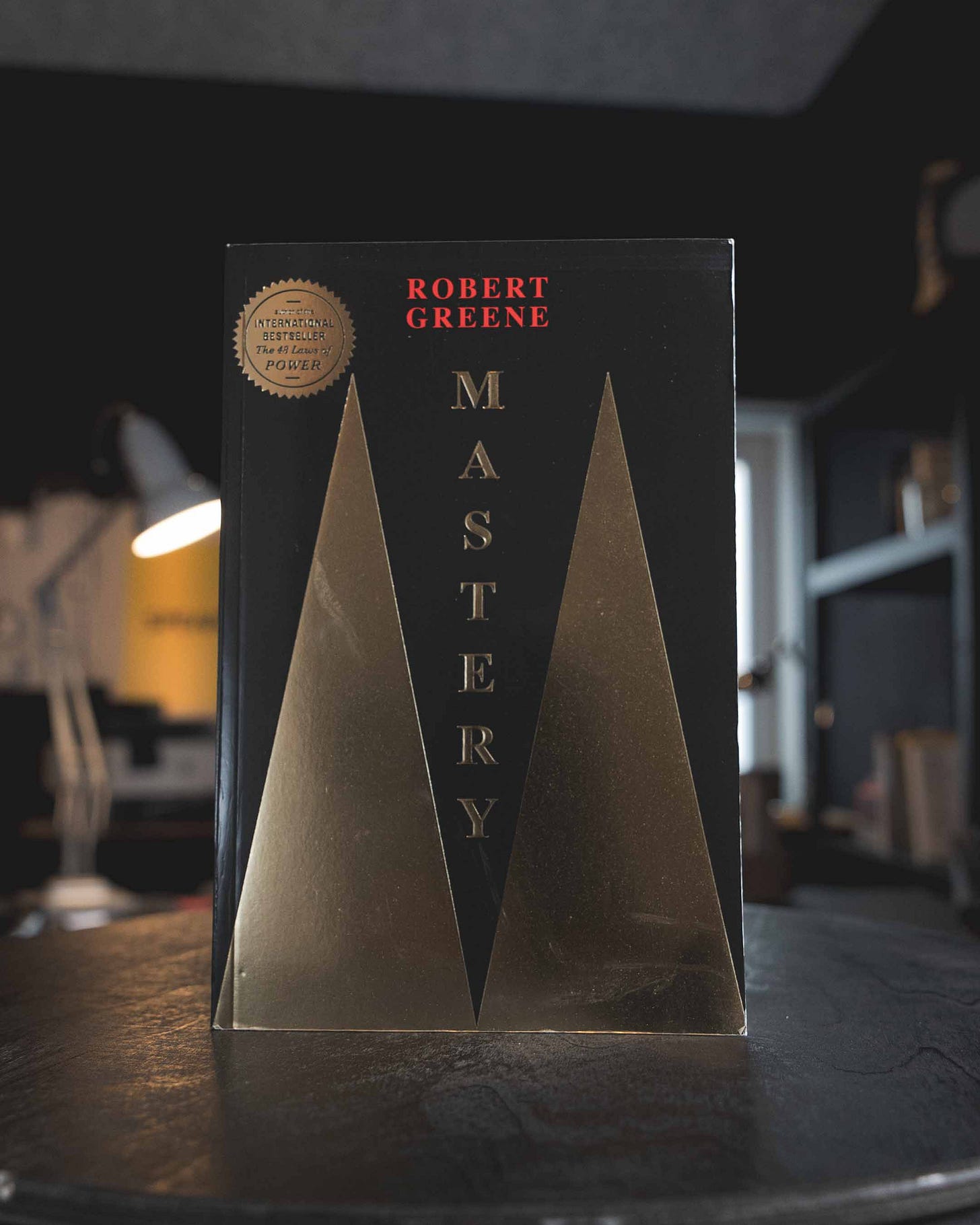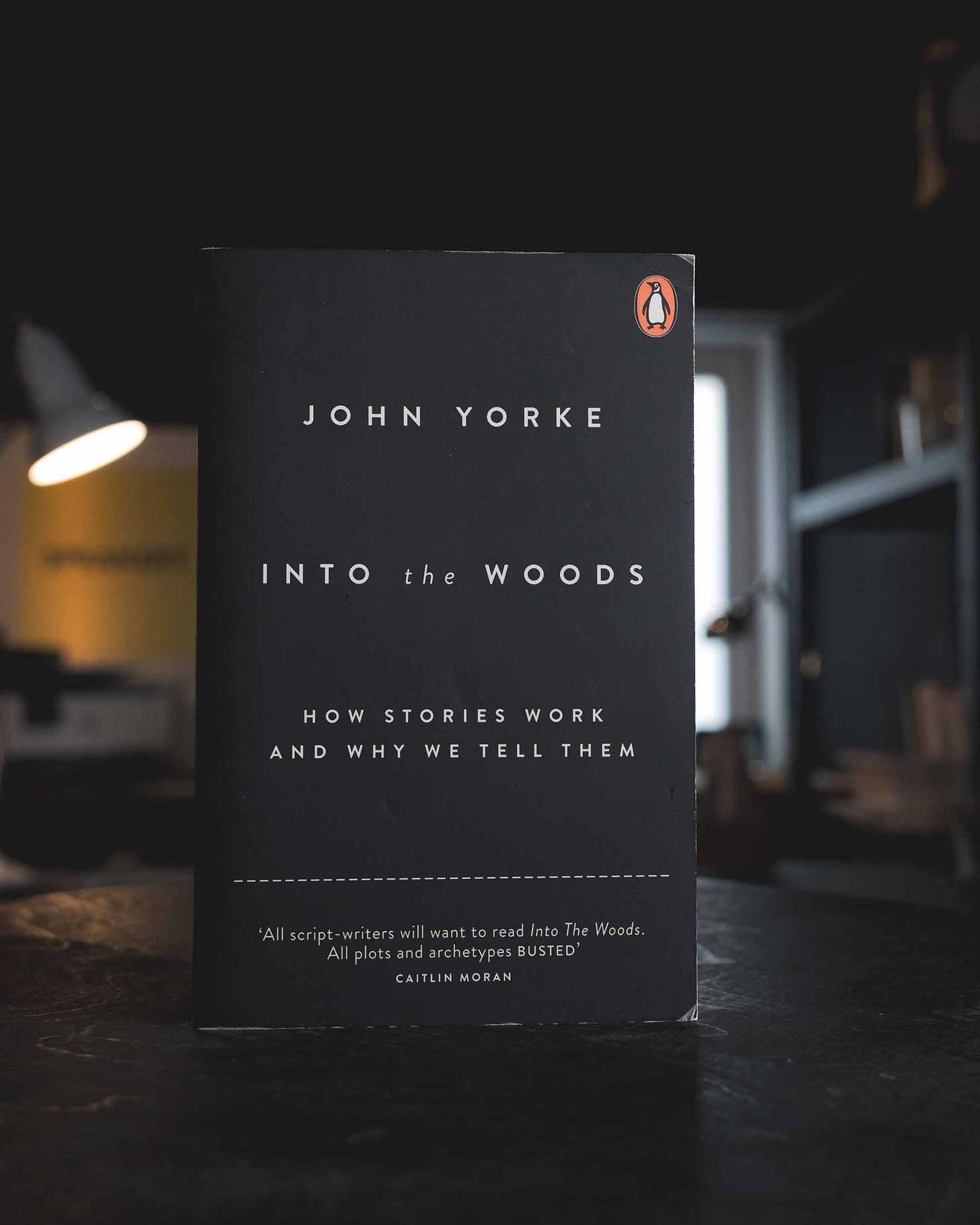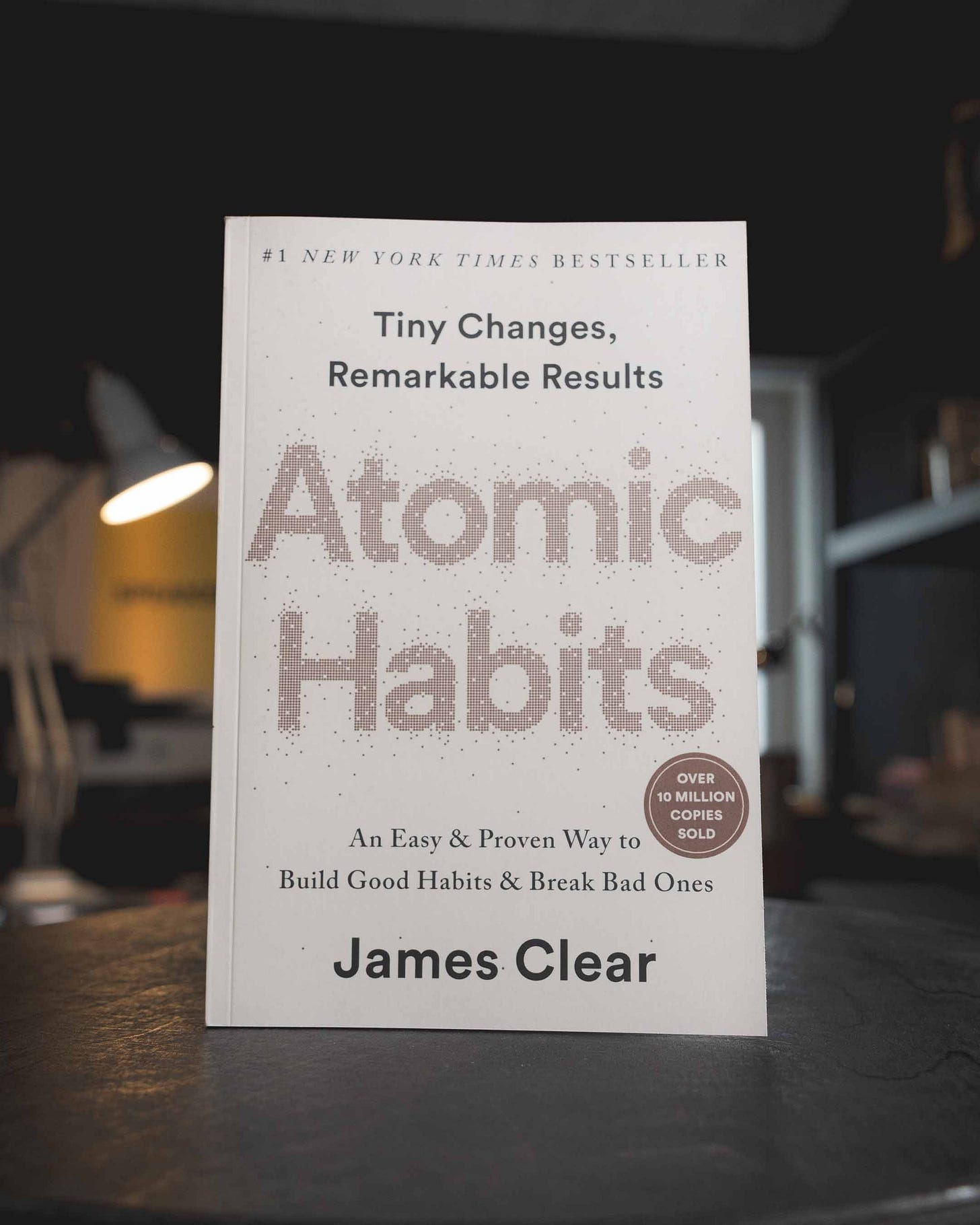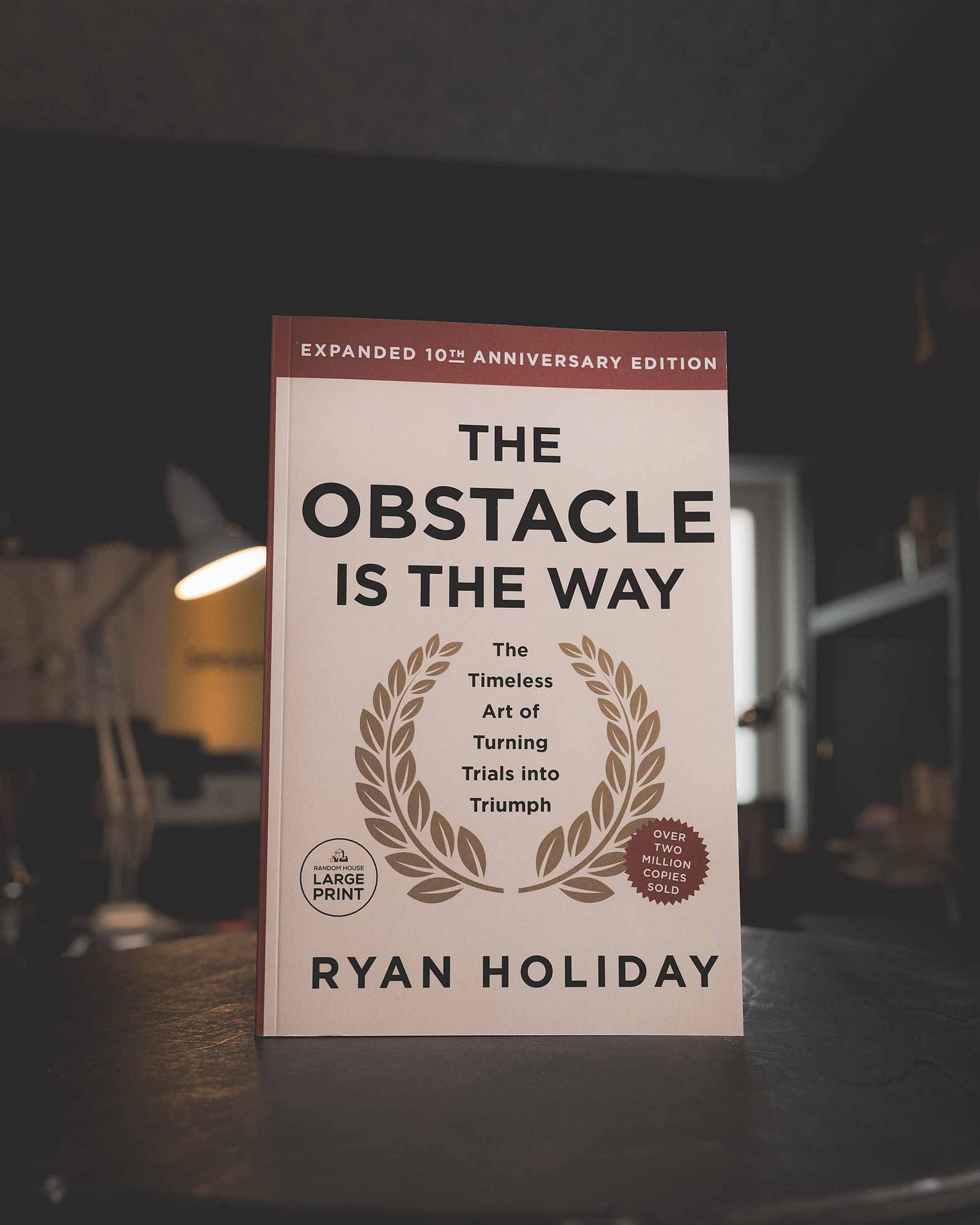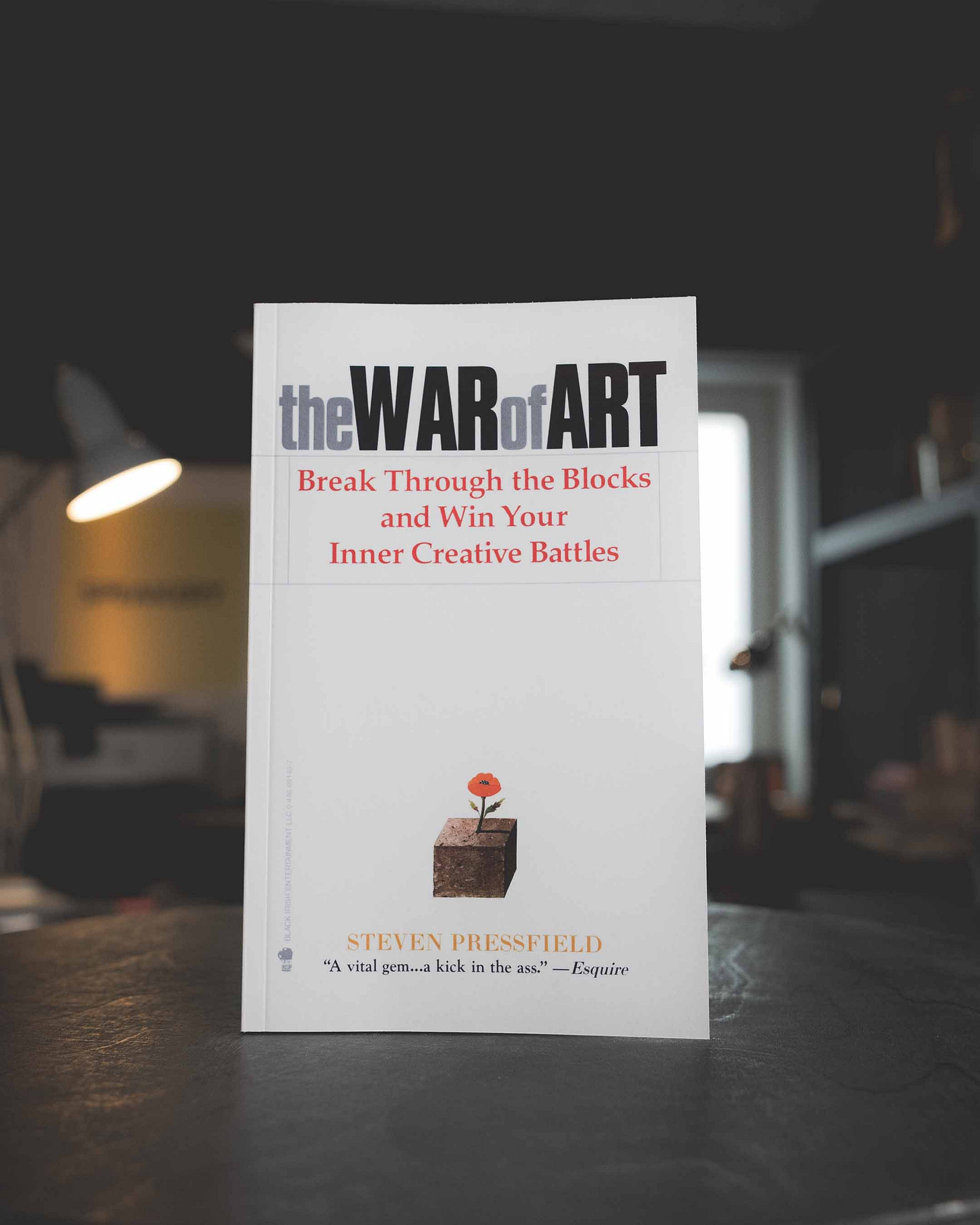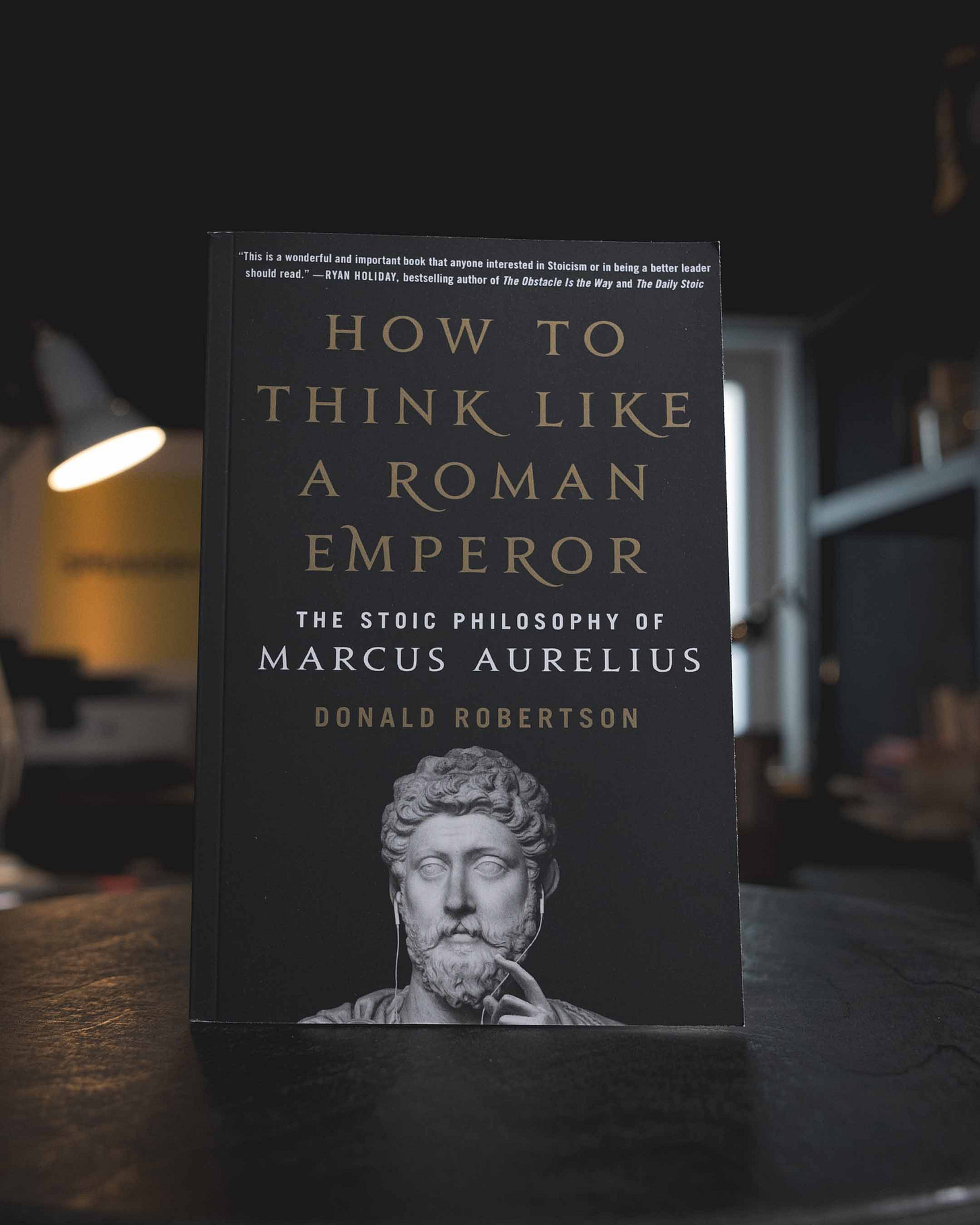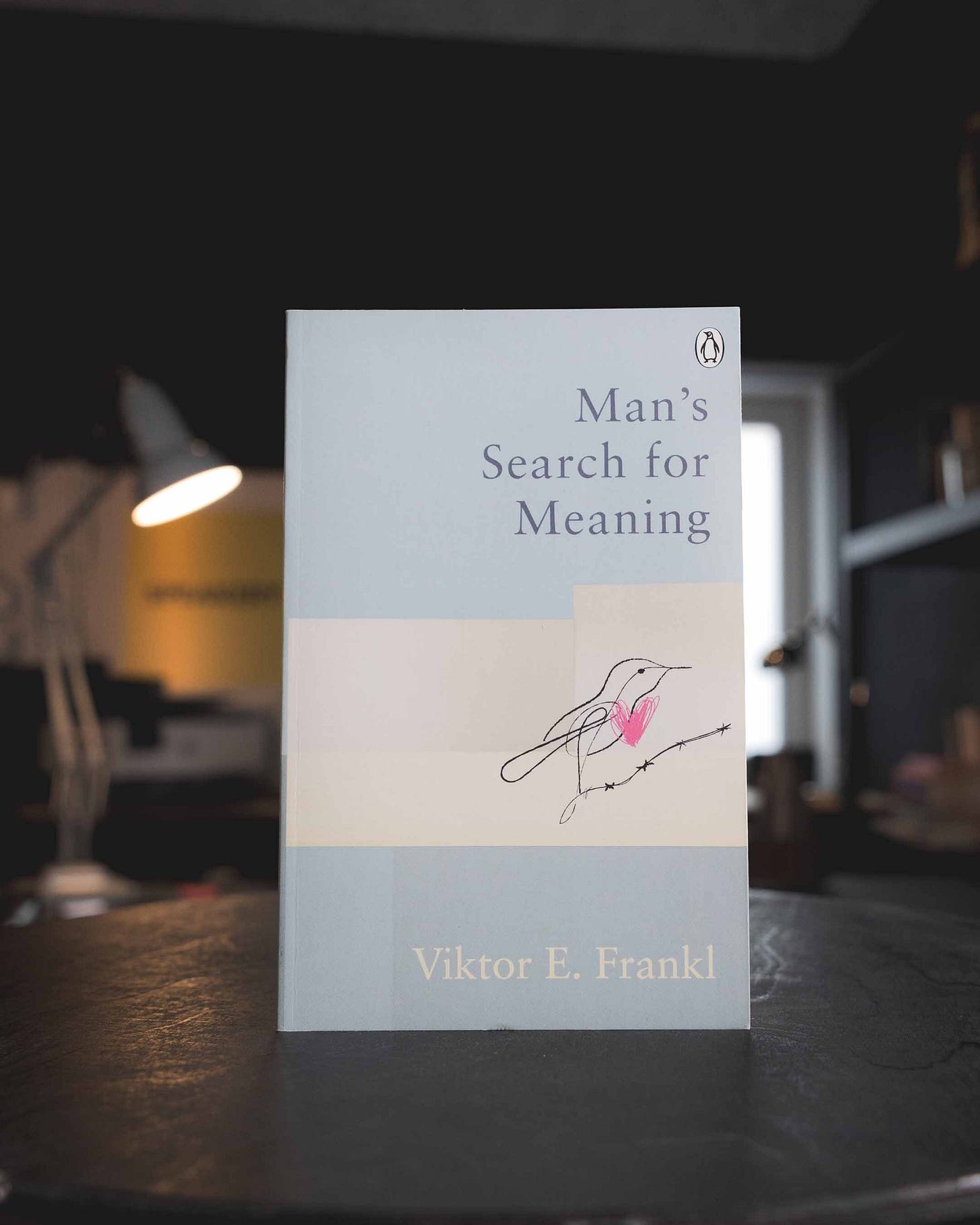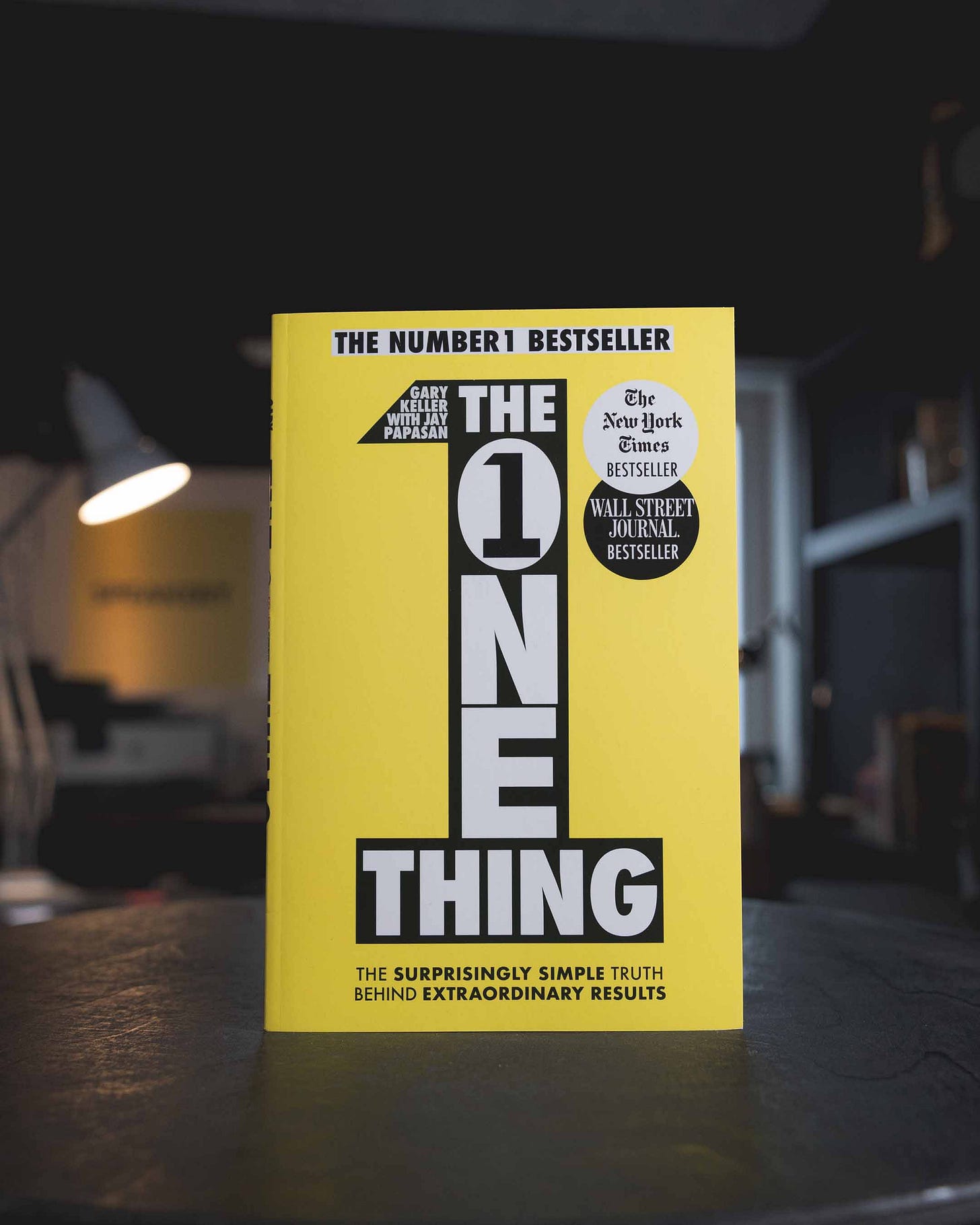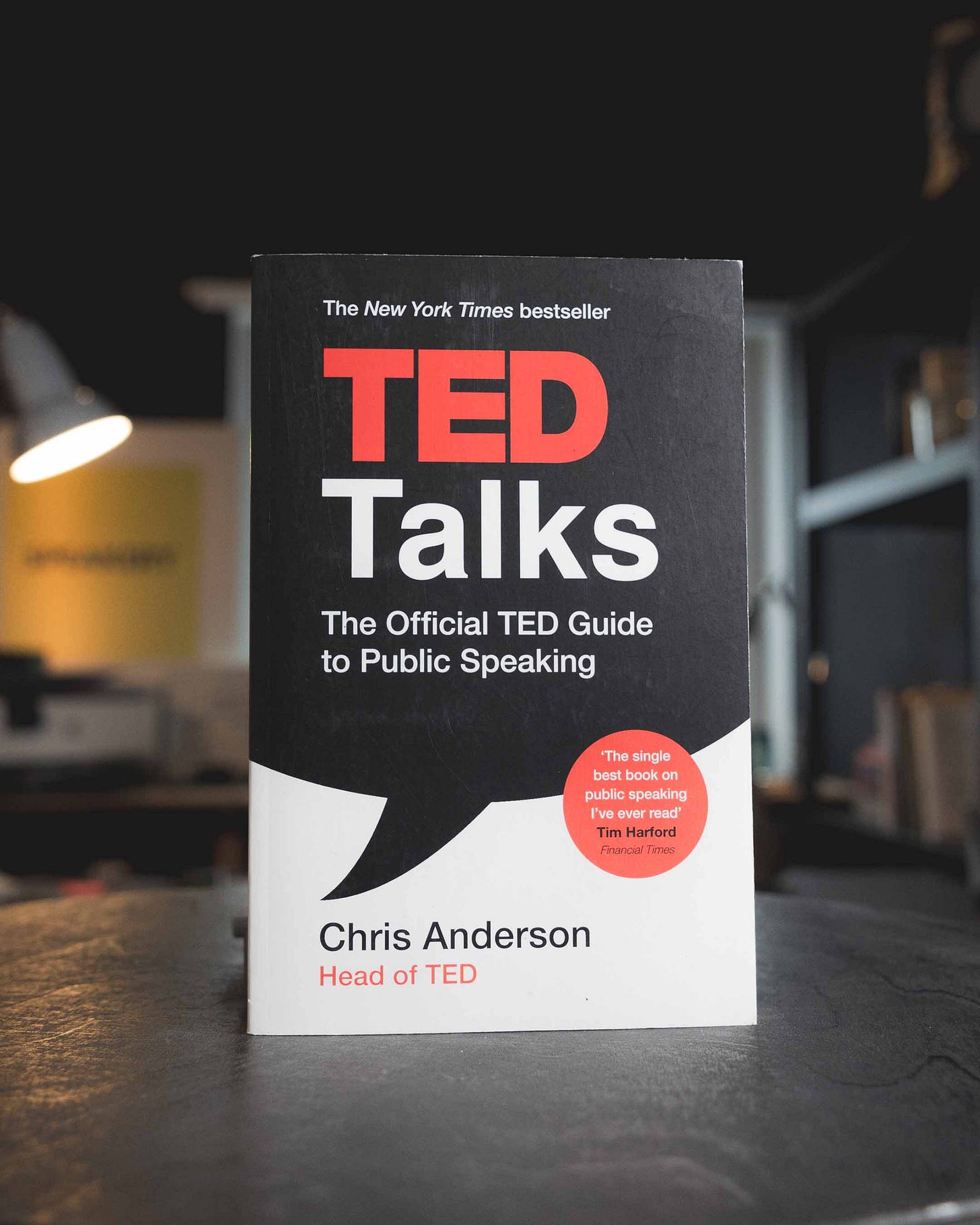The Speaker's Library
Looking for books to help you improve your public speaking and presentation skills? These are my recommendations.
It may surprise you that only one of my recommendations concerns public speaking. This will make sense to anyone who's worked with me. I don't believe people lack presentation skills; they lack purpose skills. No purpose—no performance and no presentation.
Here are the books that have helped me with:
discipline
nerves and self-confidence
resilience
anger and frustration management
focus
thinking big
storytelling and performance mastery.
I'm sharing them because I think they might help you.
101 Essays That Will Change The Way You Think—Brianna Wiest
Stoic wisdom without the dust of ancient Rome: discover why and how you might be tripping yourself up when presenting. It is a must-read for the nervous and everyone who worries about what others think of them. It's also an essential read for those who think they're impostors. 101 Essays That Will Change The Way You Think is a wonderful, tender and profoundly moving book, and I'm delighted that Brianna is a special guest speaker at the Speakery Summit in September.
Mastery—Robert Greene
This book is a masterclass in storytelling and presentation. Packed with fascinating tales and insights, Mastery reminds us that "talent is a pursued interest.*" It is a must-read for the complacent senior executive and the frustrated and impatient junior account manager. Applying the skills, strategies, and tactics outlined in this book to your presentation and public speaking practice will give you a competitive advantage.
*Bob Ross—the greatest artist of the 20th century.
Into the Woods—John Yorke
Into the Woods is a wonderfully helpful book for anyone who wants to understand how and why stories work. It is a must-read for anyone wanting to improve and master their storytelling skills and is the perfect companion to the Speakery Presentation Canvas.
The Creative Act: A Way of Being—Rick Rubin
Rick Rubin's book is essential for anyone who feels ill at ease with creativity or what it means to be creative. Many creative people were disappointed by The Creative Act because it did nothing more than describe our state of being. If painting, acting, composing, writing or creating isn't your natural home, but you know you need to develop these skills for your presenting or public speaking (and you should), I highly recommend this book. If you're creative and were disappointed by The Creative Act, I'd encourage you to reread it, but this time from the point of view of a budding or struggling presenter or keynote speaker. Trust me—there's gold in this book.
Atomic Habits—James Clear
If The Creative Act by Rick Rubin is ideal for those who struggle with creativity, then Atomic Habits by James Clear is the perfect book for creative procrastinators like me. Listen, I'm chaos packed into a meat suit, and this habit-forming and discipline-building book changed how I approached practising for presenting, and I'm convinced it saved my business. You must read this book if you're fed up with winging your presentations, are exhausted by constant procrastination or are frustrated by nerves.
The Obstacle Is The Way—Ryan Holiday
The Obstacle Is The Way is required reading here at Speakery— Ryan Holiday's book was my entry-level drug to the world of the Stoics, and it is a book that has changed my life both on and off of the conference stage. The Obstacles Is The Way is a book for presenters struggling with self-doubt, nerves, anger, ego, frustration and who are crippled by the idea of people judging them. Ryan is also a phenomenal public speaker, so go see him lecture if you can.
The War Of Art—Steven Pressfield
Read The War of Art if you're a procrastinator, for it is a book about creative resistance—all those nasty little self-sabotaging tactics we use against ourselves. It's also a book about overcoming them. Presenting, as I've said before, isn't an art form, but there is an art to it, and Steven Pressfield has written a marvellous book about the war of it.
How To Think Like A Roman Emporer—Donald Robertson
Studying Stoicism has made me a better presenter, mentor and coach. What I like about How To Think Like A Roman Emperor are the practical tools that Donald Robertson has packed into it. You'll get the most out of this book if you keep reminding yourself that you want to be a better public speaker. Again, this is an excellent read for people who struggle with self-confidence and nerves. It will also help you develop the secret writing skill—asking questions. Skip the last chapter, though (IYKYK).
Man's Search for Meaning—Viktor E. Frankl.
The second Speakery principle is that every presentation must have a purpose. Why? Because every life has a purpose. Man's Search for Meaning is a powerful and moving book that puts our worries, concerns, and fears into perspective. You must read it.
The One Thing—Gary Keller with Jay Papasan
The One Thing is required Speakery reading. It's a step-by-step guide to achieving extraordinary things—big, surprising, or challenging things. For you, that might be a big presentation. For me, it was the Speakery Summit. This book works; you must read it if you're looking to level up your presenting or keynote speaking game.
TED Talks—Chris Anderson
This is the only book on public speaking I'll recommend. Yes, it's focused on TED talks; of course, it is, but you'll be hard-pressed to find anything better. It's beautifully written, and the skills and concepts are easily transferrable to a corporate setting; this should be required reading for every corporate spokesperson and communications department.
How to read these books.
Except for the TED Talks book, none of these recommendations are books explicitly written about presenting. Many of them, however, mention presenting either as a skill to develop or a challenge to overcome. Regardless of your experience, you'll get the most out of these books if you read each as if you were an apprentice in presenting—because you are.
I'm sure you'll have your favourites or books that have helped you become better presenters, speakers, or leaders. Maybe you've even written one! Do share; I'd love to hear how they've helped you.


